Looking to expand its rural footprint, T-Mobile could be interested in this struggling carrier
We may earn a commission if you make a purchase from the links on this page.
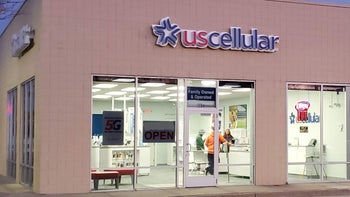
So spending over $26 billion to buy Sprint (for its 2.5GHz mid-band spectrum holdings) only to end up getting crapped on by Verizon and AT&T subscribers isn't enough punishment for Mike Sievert? The latter is the CEO of T-Mobile who was John Legere's right-hand man during those wild and crazy days when the carrier scratched and clawed its way up from being the fourth largest U.S. wireless provider to its current position as a strong number two.
There is another carrier that might be available for the right price and that is UScellular. Back in August, Telephone & Data Systems (TDS), the company that owns a commanding 83% of the wireless provider, said it was exploring strategic alternatives which is M&A talk for "Someone please buy us out." While nothing earth-shattering has emerged from the parent firm, TDS did say that the process is "active and ongoing."
UScellular currently has 4.6 million customers but that number is slowly dissolving like salt placed in a glass of hot water. During the third quarter, the carrier lost 38,000 postpaid phone customers, the gold standard for metrics in the industry. That was up from the 28,000 postpaid phone customers that left UScellular during the second quarter. For what it's worth (or FWIW as you might know it as), T-Mobile added 850,000 net new postpaid phone subscribers during the third quarter, more than Verizon and AT&T combined.

T-Mobile CEO Mike Sievert
There were some positives for UScellular during Q3. The average revenue per user (ARPU) rose 2% to $51.11 in Q3 from $50.64 in Q2. USCellular CEO Laurent (L.T.) Therivel said that the increase in ARPU was due to the larger number of customers moving to higher flat-rate plans.
In September, T-Mobile's Sievert was asked if he'd be interested in a rural carrier if it helped speed up T-Mobile's timetable to reach a 20% share in rural markets by 2025. The executive would only say, "Maybe, but I like our Plan A a lot." Sievert also pointed out that "the hurdles for M&A would be high" and he could have been describing regulatory issues or monetary ones.
UScellular has a market capitalization of $3.84 billion which sounds like it could be doable for T-Mobile. However, T-Mobile is sitting on $70 billion in long-term debt and had slightly over $5 billion in cash available at the end of the third quarter. Unlike Sprint, which was sitting on a goldmine in 2.5GHz spectrum, it seems that the only attraction for T-Mobile here would be UScellular's rural coverage.
If T-Mobile does decide to go after UScellular, it might have to bite the bullet and dilute its shares by using its high-priced stock to buy the wireless firm.


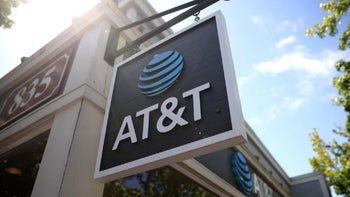
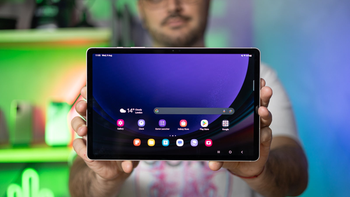
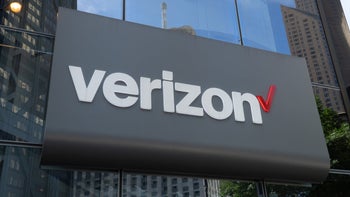
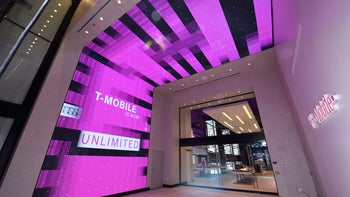
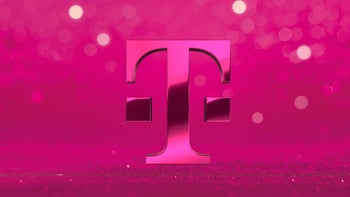

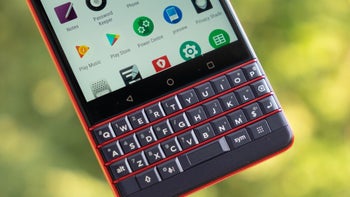
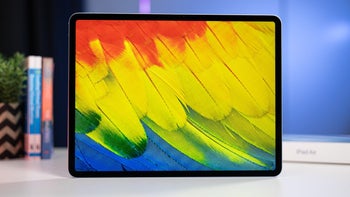
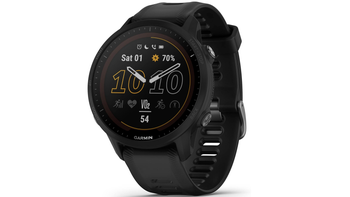

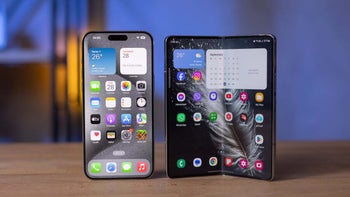

Things that are NOT allowed: